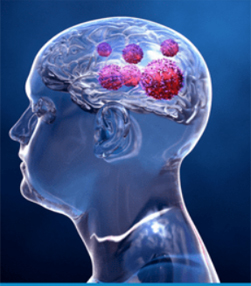
Cyber Knife Treatment
One of the latest treatment methods we have adopted at Brain and Spine Surgery is cyber knife treatment for brain tumor and other neurosurgical ailments. It doesn’t involve any invasion or incision, thereby allowing us to offer painless treatment to our patients. Furthermore, the radiation involved in treating the affected cells is so nominal in terms of intensity that the surrounding healthy tissues are not affected by the same. Therefore, no negative impact is generated through the cyber knife procedure.
Benefits of choosing cyber knife treatment for neurosurgeries-
- Cyberknife treatment offers rapid pain relief to our patients, which is why we include it in most cases that won’t require an immediate surgery.
- The recovery rate of this procedure is much faster than other minimally invasive surgical methods and patients can return back to their lifestyle easily.
- We can treat areas that other forms of radiosurgeries can’t with cyber knife, including vestibular nerve, pituitary gland, and meningitis.
With us offering the best cyber knife treatment in Delhi NCR, you can rest assured that pain relief and cancer treatments will be done at the best possible manner.
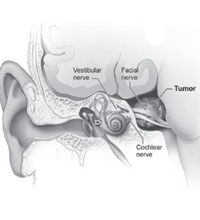
Vestibular Schwannoma
An acoustic neuroma, also known as a vestibular schwannoma, is a noncancerous tumor. It develops on the balance nerve, known as the vestibular nerve, and on the auditory nerve, known as the cochlear nerve. These nerves lead from your inner ear to the brain, as shown in the top image..
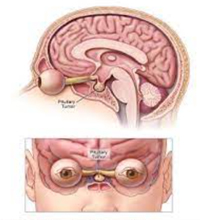
Pituitary Tumor
This condition is characterized by abnormal cell growth in the pituitary gland located at the base of the skull. Since the organ is responsible for releasing an array of hormones, the primary molecular biomarker of the tumor is hormonal changes in the body. Usually, pituitary tumors are benign or non-cancerous and don’t reach the metastasis stage where other parts of the brain, spinal cord, or the body gets affected. Treatment processes often include endoscopy surgery, skill base surgery, or open craniotomy depending on the size and location of the tumor.
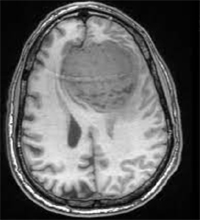
Meningioma
A meningioma is a tumor that grows from the membranes that surround the brain and spinal cord, called the meninges. A meningioma is not a brain tumor, but it may press on the nearby brain, nerves and vessels. Meningioma is the most common type of tumor that forms in the head.
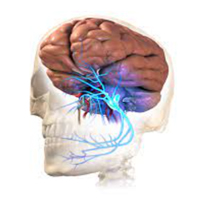
Trigeminal Neuralgia
In this condition, the trigeminal or fifth cranial nerve is impacted, causing chronic pain associated with several other symptoms. Severe facial pain and attacks like electric shocks on either side are the most prominent symptom of the disease. Apart from this, other symptoms include burning sensation, frequent throbbing, and tingling sensation in the facial parts. Most health professionals administer muscle relaxants and anti-seizure medicines to reduce the pain and other symptoms of the disease.
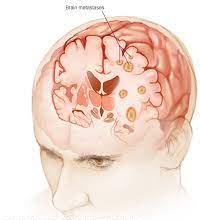
Metastatic Brain Tumor
Secondary brain tumors with origin in any other body part except that of the brain are categorized as metastatic brain tumor. These are highly cancerous and the aggressiveness or invasiveness can vary from one form to another. Several patients often suffer from multiple brain metastases, thereby suffering from complications in motor and sensory functions. Some of the most common symptoms include focal neurological symptoms, cognitive changes, drowsiness and headaches, dysphagia, and delirium. Open skull surgery, endoscopic surgery, and radiosurgery are the most common treatment options.
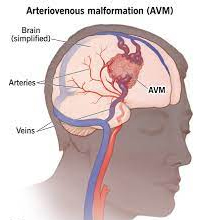
AVM
Brain AVM or brain arteriovenous malformation is characterized by a tangled condition of the blood vessels in the brain. It often leads to improper communication or connection between the arteries and veins. Symptoms usually include seizures, headaches, muscle weakness, tingling sensation, vision loss, speech impairment, and motor disability. Some of the complications of AVM include bleeding in the brain, reduced oxygen supply to the brain tissues, and weakening or thinning of the blood vessels.


